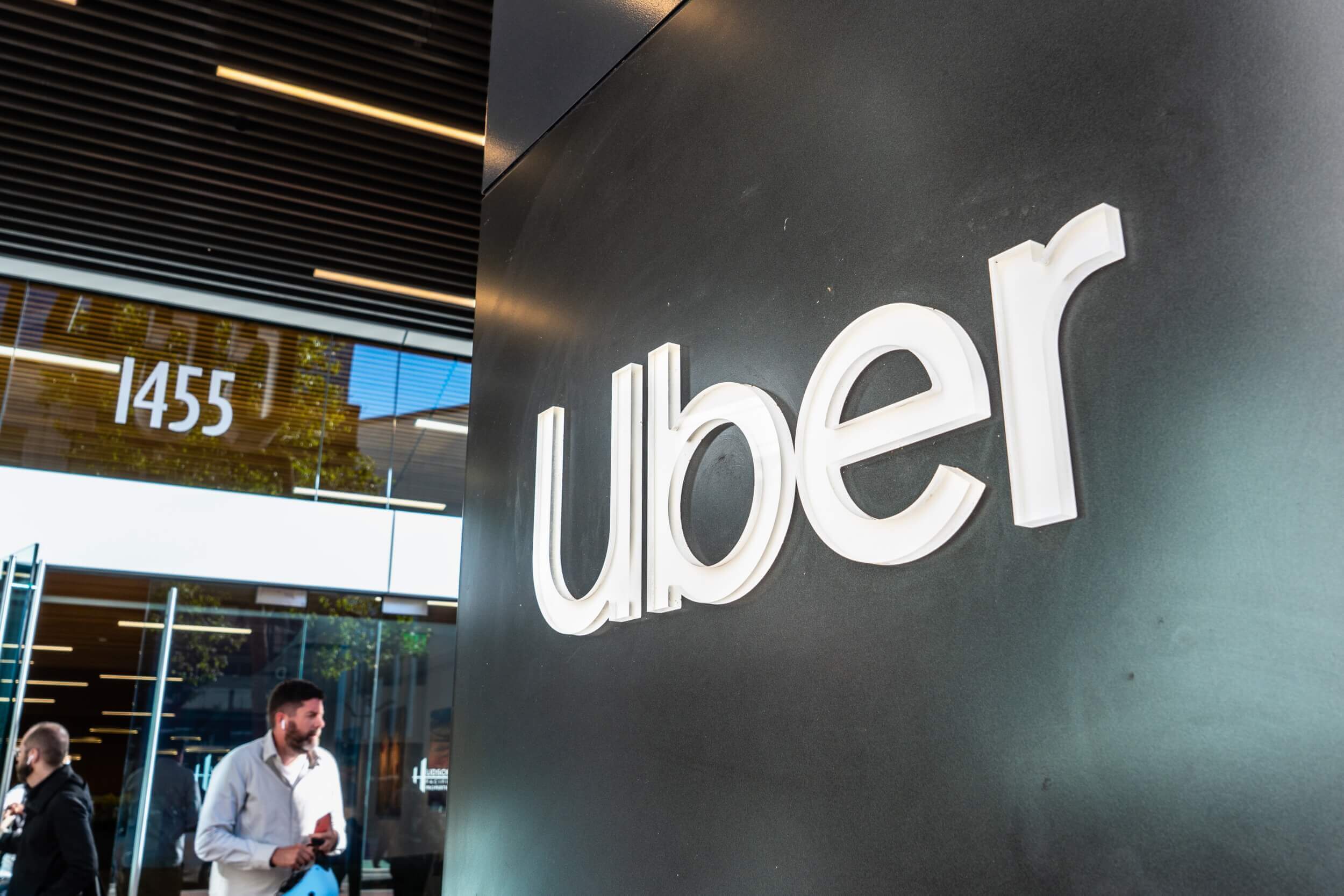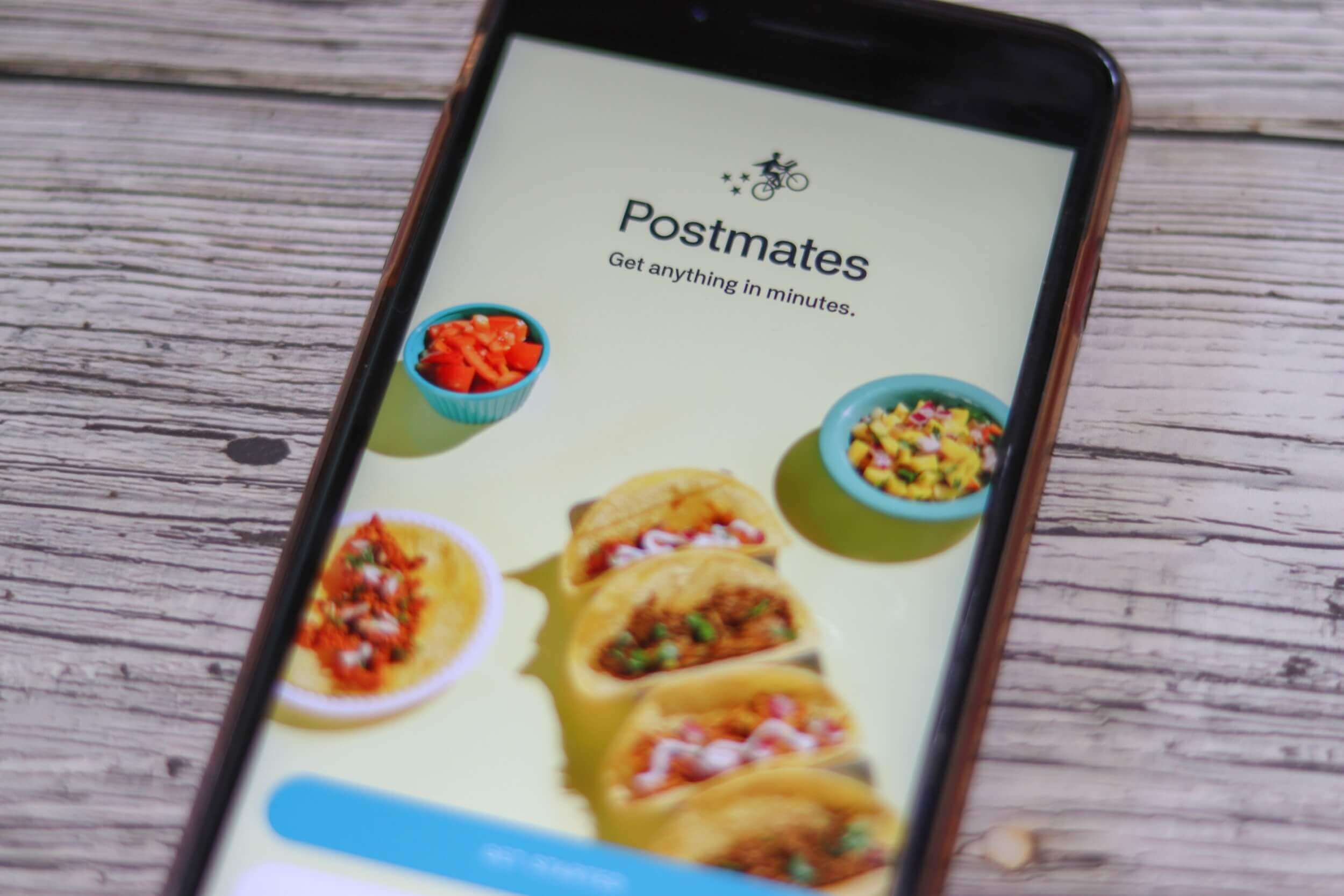Forward-looking: Covid-19 has forced Uber to pivot a bit, putting more focus on its delivery business as people continue to stay home and order in. The firm has enough cash in the bank to hang on for at least another year but if Covid-19 lingers for much longer, some serious decisions could be in Uber's future.

Uber’s losses persist as the ongoing Covid-19 pandemic continues to ravage the company’s ridesharing division.
In its recently released second quarter earnings report, Uber said it generated $2.2 billion in revenue for the three-month period ending June 30, 2020, a 29 percent decline year-over-year. Digging deeper, we see that mobility revenue was down 67 percent compared to the same period a year ago. Fortunately, revenue from its delivery division grew 103 percent year-over-year.
All said and done, Uber posted a net loss on the quarter of $1.8 billion.
It’s a significant loss no matter how you slice it but Uber isn’t in danger of disappearing just yet. Back in March, CEO Dara Khosrowshahi told investors that the company was in a good position to ride out the pandemic as it had $10 billion in unrestricted cash on hand at the end of February. That war chest has since shrunk to $7.8 billion.

At the current burn rate, Uber could hold on for at least another year if nothing else changed. In reality, however, there are plenty of variables at play including Uber’s recent purchase of Postmates for $2.65 billion and the continued uncertainty that Covid-19 will bring as we exit summer.
Image credit: Sundry Photography, Postmodern Studio
https://www.techspot.com/news/86288-uber-posts-18-billion-quarterly-loss-ridesharing-business.html